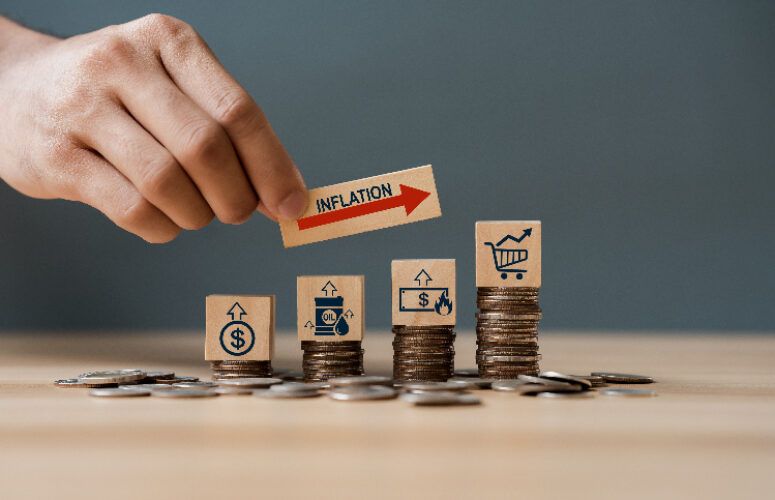
The Tricky Dynamic Between Stemming Inflation and a Mitigating a Recession
By Jim Pytell, Managing Editor On Mar 10, 2023It is no surprise that the pandemic has played a huge role in the position that the economy is in today.
“We had too much money chasing too few goods,” said Shawn Snyder, executive director, global market strategist for J.P. Morgan, at NJBIA’s Insights & Outlooks event today at the Pines Manor in Edison.
In 2020, the US economy was shut down due to healthcare policy. Subsequently, large amounts of fiscal stimulus were injected into the economy to support consumers and the labor market.
“At the same time, we had broken supply chains, so the result was inflation,” Snyder said. “Right now, the federal reserve is trying to break the cycle of inflation without breaking the economic cycle, and this is creating the difficulties that we are seeing today.”
The good news is, according to Snyder, supply chains are getting back to normal.
“They are close to being fully healed, which we can measure with supply chain pressure indexes. I think this healing will continue to happen, particularly with China’s reopening,” Snyder said.
The difficulties begin to bare their head when examining the impact of rising interest rates.
“The federal reserve is trying to raise interest rates in order to bring down inflation, which created a very difficult 2022 for financial markets where stocks and bonds did not do well. That 60/40 portfolio that most people have didn’t really provide the offset and diversification that it should have,” Snyder said.
He added that the downside to the current environment is the federal reserve taking rate hikes too far, which in the past has contributed to recessions.
“That is the risk,” Snyder said.
“If you were to ask me right now: ‘Is the economy in a recession?’ The answer is pretty clearly no,” Snyder continued. “We just added 311,000 jobs today and wages are still relatively strong. These are good things, and we want the economy to hold in there as the Fed raises rates.
“The difficulty is if the economy continues to hold in there, then inflation has a higher likelihood of becoming ingrained in the economy, and that makes the federal reserve feel obligated to go further,” Snyder said.
He added that a positive is that consumers, corporations and banks are generally in good shape when it comes to their debt levels, which are very low. If we do have a recession, this will help to mitigate the damage.
“If you think of the economy as a patient, those that are most healthy when they get sick tend to recover faster, and those that have preexisting conditions (for example, they have a lot of debt), tend to recover slower and have worse outcomes,” Snyder said.
Related Articles:





